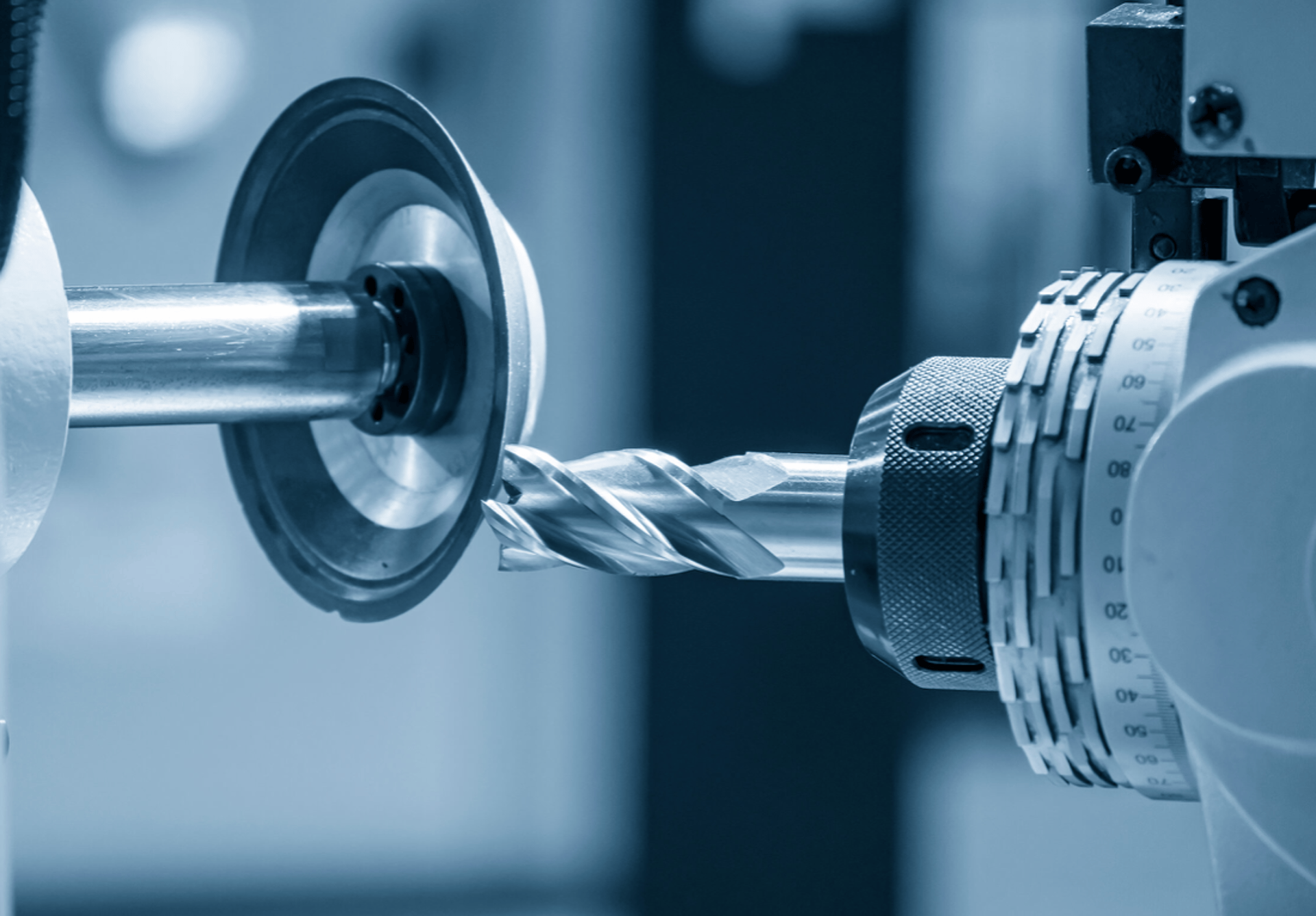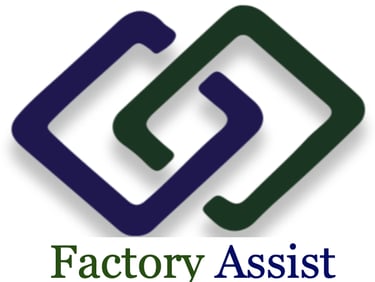Lean
In the landscape of global manufacturing, the push for efficiency is relentless. Lean manufacturing, a methodology that focuses on minimizing waste while maximizing productivity, has become a cornerstone for many businesses worldwide. In India, the adoption of lean principles is increasingly viewed as a competitive necessity. This article explores the challenges faced by Indian manufacturers in implementing lean techniques and highlights some success stories that may inspire others on this journey.
Understanding Lean Manufacturing:
Lean manufacturing originates from the Toyota Production System, which emphasizes the elimination of waste (muda), the improvement of workflow efficiency, and the ultimate enhancement of product quality. Key components of lean manufacturing include Just-In-Time (JIT) production, continuous improvement (kaizen), and standardizing work as a baseline for improvement.
Continuous improvement
In Lean methodology, waste is defined as anything that does not add value to the customer. It can come in the form of excessive inventory, inefficient meetings, excessive collaboration, ineffective processes, and more.
Continuous improvement helps organizations systematically identify and eliminate waste. Practicing continuous improvement also allows organizations to continuously improve by enabling a culture of growth, experimentation, and learning.
The process by which organizations practice continuous improvement is known as the continuous improvement cycle. It has four steps:
Identify
Plan
Execute
Review
Challenges of Implementing Lean in India:
Cultural Adaptation: One of the significant barriers to implementing lean in India is the cultural adaptation of the principles. Indian manufacturing units often face resistance to change, especially from the workforce accustomed to traditional manufacturing practices. The hierarchical nature of many Indian companies can also impede the open communication necessary for successful lean implementation.
Skill Gaps: There is often a significant gap in necessary skills and knowledge about lean techniques among the workforce. Continuous training and education are crucial, yet they can be resource-intensive, posing a challenge for smaller manufacturers.
Infrastructure Constraints: Many Indian manufacturing facilities are hampered by outdated infrastructure and technologies that are not conducive to lean practices. Modernizing these facilities requires substantial investment, which can be a steep hurdle for small to medium-sized enterprises.

Buy Metals
CNC / Non CNC Job Work
Office & Warehouse :
J Block , Palam Vihar Gurugram 122017
Warehouse 1 : Udyog Vihar Gurgaon
Warehouse 2 : Reliance Road Ghaziabad
Warehouse 3 : Focal Point Phase 4 Ludhiana
Email : factoryassist.online@gmail.com & contact@factoryassist.online
Phone : +91 8882985187 & +91 8800475764
Whatsapp : +91 8882985187 +91 8800475764


